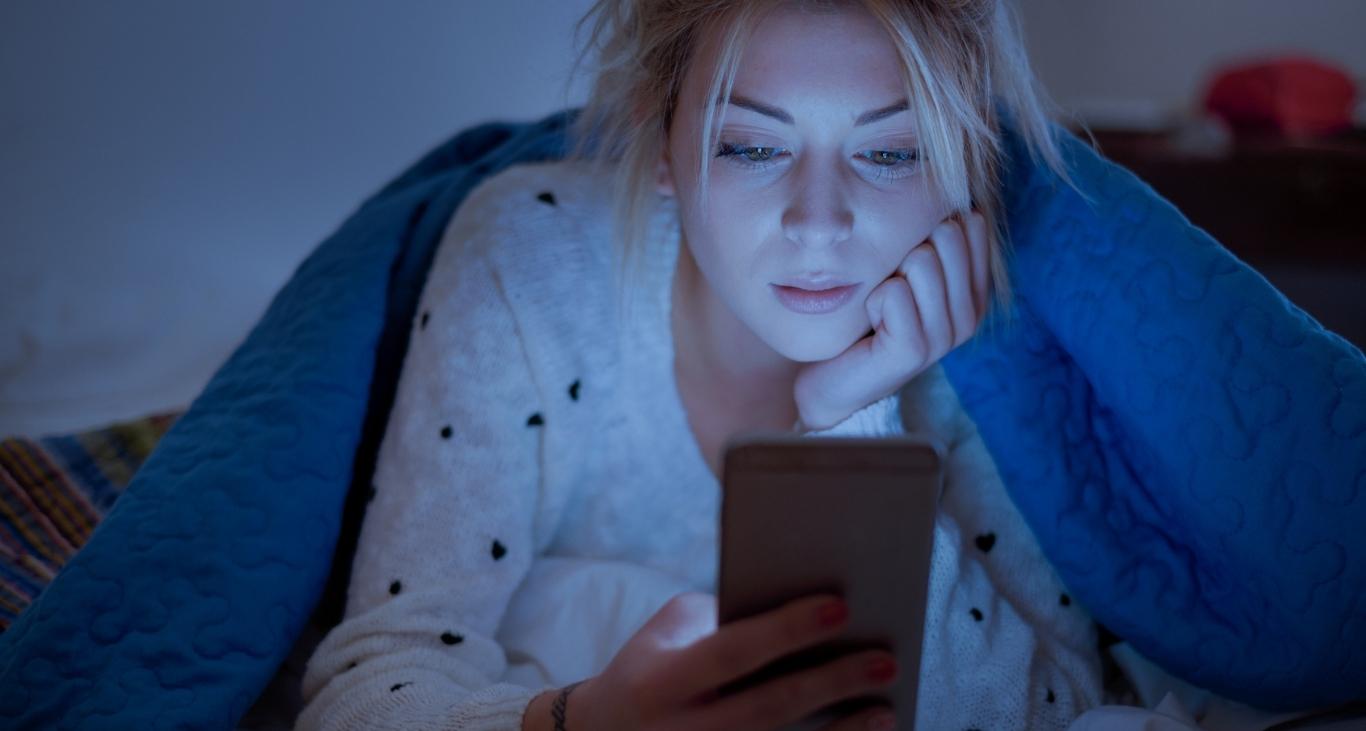
14 Aug The Connection Between Depression and Sleep Disorders
Depression and sleep disorders share a complex, bidirectional relationship that affects millions of people worldwide. Research demonstrates that individuals with depression frequently experience disrupted sleep patterns, while those with sleep disorders face an elevated risk of developing depressive symptoms. Understanding this connection can help individuals recognize symptoms and seek appropriate professional guidance.
Linking Depression and Sleep Patterns
Depression significantly alters normal sleep architecture through multiple mechanisms. Individuals with this condition often experience difficulty falling asleep, frequent nighttime awakenings, and early morning awakening patterns. The condition affects the brain’s neurotransmitter systems, particularly serotonin and norepinephrine, which regulate both mood and sleep-wake cycles.
Sleep quality deteriorates as depression progresses, as some people report spending hours in bed feeling tired but unable to achieve restorative sleep. Others experience hypersomnia, sleeping excessively yet still feeling fatigued upon waking. These disruptions occur because being depressed interferes with the brain’s natural circadian rhythms, the internal clock that governs sleep timing.
REM sleep patterns also change with depression. Studies show that people with depression enter REM sleep more quickly and experience more intense REM activity. This alteration can lead to vivid, often distressing dreams and contribute to the feeling of unrestful sleep even after spending adequate time in bed.
Exploring Common Sleep Disorders
Several specific sleep disorders frequently appear alongside depression. Insomnia represents the most common sleep disturbance, affecting up to 80% of individuals with depression. This condition manifests as persistent difficulty initiating or maintaining sleep despite adequate opportunity for rest.
Sleep apnea also shows strong associations with depression. This disorder causes repeated breathing interruptions during sleep, leading to fragmented rest and decreased oxygen levels. The resulting fatigue and cognitive impairment can worsen depressive symptoms, creating a cycle of poor sleep and declining mental health.
Restless leg syndrome affects many individuals with depression as well. This neurological condition causes uncomfortable sensations in the legs and an irresistible urge to move them, particularly during periods of rest. The resulting sleep disruption can exacerbate mood symptoms and increase depression severity.
Understanding the Relationship
The relationship between depression and sleep operates in both directions, with each condition influencing the other. Poor sleep quality can trigger depressive episodes in vulnerable individuals by affecting brain chemistry and stress hormone levels. Sleep deprivation alters the production of cortisol, serotonin, and other neurotransmitters that regulate mood.
Chronic sleep loss also impairs emotional regulation and increases sensitivity to stress. This heightened reactivity can precipitate or worsen depressive symptoms, particularly in individuals with existing risk factors for depression.
Conversely, being depressed directly impacts sleep through neurochemical changes and behavioral factors.
Depressed individuals may engage in behaviors that disrupt sleep hygiene, such as irregular bedtimes, excessive caffeine consumption, or reduced exposure to natural light. The rumination and anxiety that often accompany depression can also interfere with the mental quieting needed for sleep onset. Treatment approaches often address both conditions simultaneously because of their interconnected nature. Sleep hygiene improvements, light therapy, and other interventions can help break the cycle by targeting both sleep quality and mood symptoms.
Find a Mental Health Professional
Recognizing the connection between depression and sleep disorders represents the first step toward addressing both conditions effectively. Professional evaluation can help identify specific sleep disorders and develop comprehensive treatment approaches that target both symptoms simultaneously. Mental health professionals and sleep specialists work together to create individualized treatment plans that address the unique aspects of each person’s experience with being depressed and the accompanying sleep disturbances.

No Comments